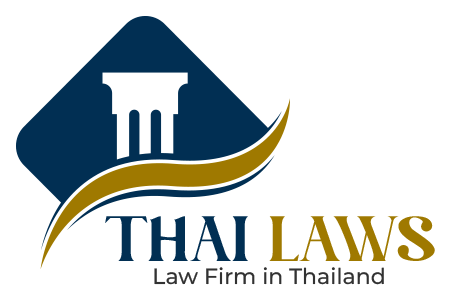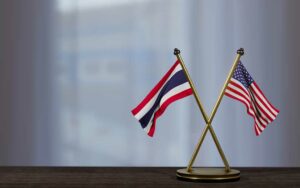The Foreign Business Act (FBA) of 1999 regulates foreign participation in Thailand’s economy, balancing the need to attract foreign investment with the protection of domestic industries. The Act categorizes restricted business activities and sets conditions for foreign ownership in certain sectors.
1. Definition of a Foreign Business
The FBA applies to:
- Non-Thai individuals or entities registered outside Thailand.
- Thai-registered entities where foreign nationals hold more than 49% of shares or voting rights.
These businesses are subject to restrictions and licensing requirements outlined in the Act.
2. Categories of Restricted Activities
The FBA defines three lists of restricted business activities:
List 1: Prohibited Activities
Foreign ownership is entirely restricted in industries deemed culturally or nationally sensitive, such as:
- Rice farming and agriculture.
- Traditional Thai crafts like silk weaving.
- Land trading.
List 2: Controlled Activities
Foreign ownership is allowed only with Cabinet approval in sectors considered critical to national security or heritage. These include:
- Mining and natural resource exploitation.
- Media and broadcasting.
- Domestic transportation services.
List 3: Industries Reserved for Thai Nationals
Foreign entities may operate in these industries with a license from the Department of Business Development (DBD). Examples include:
- Retail and wholesale trading.
- Restaurants and hotels (excluding management roles).
- Legal, accounting, and architectural services.
3. Licensing Pathways and Exemptions
- Foreign Business License (FBL):
Foreign entities intending to operate in List 2 or 3 sectors must apply for an FBL. The application process includes:- Submission of a business plan.
- Justification of economic benefits, such as job creation or technology transfer.
- Ministry or Cabinet review for List 2 businesses.
- Exemptions:
- Treaty of Amity (U.S.-Thailand): U.S. entities enjoy exemptions from most restrictions except for List 1 activities.
- Board of Investment (BOI) Promotion: BOI-promoted businesses in priority sectors receive special privileges, including exemptions from some FBA restrictions.
4. Compliance and Obligations
Foreign businesses operating under the FBA must adhere to strict compliance measures:
- Ownership Restrictions: Maintain the agreed Thai-to-foreign ownership ratio.
- Tax and Reporting Requirements: Ensure full compliance with Thai tax laws and submit regular financial reports.
- Operational Limitations: Operate strictly within the scope of the licensed activity.
5. Penalties for Non-Compliance
Operating without proper authorization or violating FBA regulations can result in severe penalties, including:
- Fines of up to 1 million THB.
- Imprisonment of company executives for up to three years.
- Forced suspension or closure of the business.
6. Strategic Considerations for Foreign Investors
Opportunities:
- Thailand offers significant growth potential in industries like technology, renewable energy, and healthcare.
- BOI promotions can ease entry into restricted sectors.
Challenges:
- Complex licensing processes may require substantial time and resources.
- Restrictions on majority ownership in key sectors necessitate strategic partnerships with Thai nationals.
Conclusion
The Foreign Business Act is a cornerstone of Thailand’s regulatory framework for foreign investment. While it presents challenges, it also offers pathways for compliant and strategic market entry. With careful planning, professional guidance, and adherence to legal requirements, foreign investors can successfully navigate the FBA to participate in Thailand’s growing economy.




